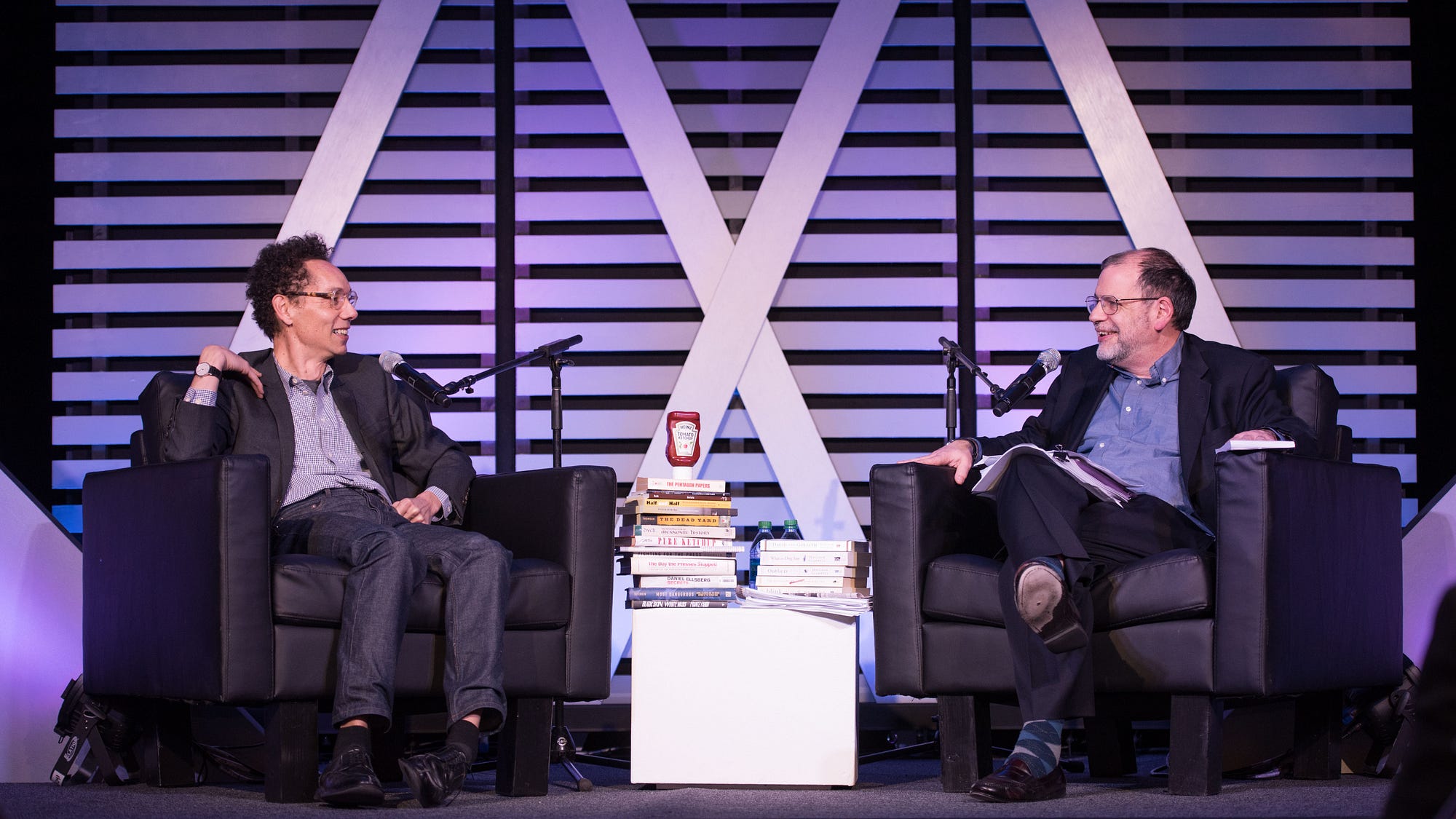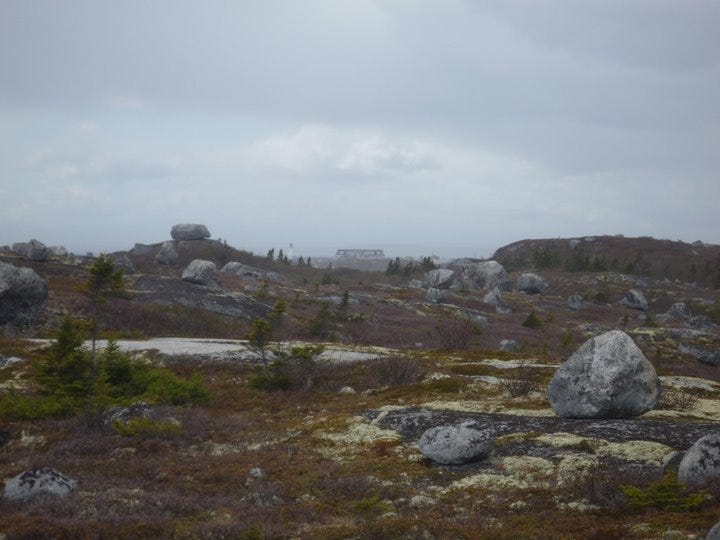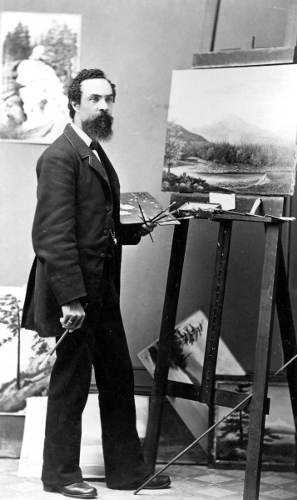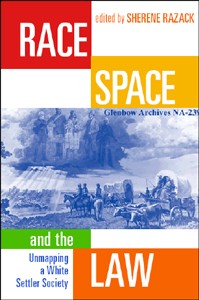I Owe Black Canada
Medium
2017-03-05
Chanda Prescod-Weinstein
Coming to understand the real but not real border
In a move that many told me was a major professional mistake, I dropped out of one of the best astronomy PhD programs in the United States to pursue research at the relatively new Perimeter Institute for Theoretical Physics, switching to the PhD program at University of Waterloo in Ontario, Canada. I had never heard of Waterloo, although I’ve come to understand that in math and engineering circles, it’s kind of a BFD, with the largest mathematics faculty in North America (multiple math departments!), and the most extensive engineering co-op program in North America.
Being one of about 10 Black grad students across all departments at UC Santa Cruz, it didn’t cross my mind to be picky about how many Black students there were at Waterloo. It also didn’t occur to me that it would take a rather traumatizing search before I could find anyone who could actually cut my hair without asking me stupid questions like, “Can you put a comb in that?”
I didn’t know Canada, although I thought I did. Here’s what I knew about Canada: that it was like the US but people said “sore-ry” instead of “sawry,” that people sometimes mistook my Los Angeles-British colonial accent for a Canadian one, that some of my cousins on the Barbados side lived north of Toronto, that it was the end of the underground railroad, that they had single-payer health care, that as a child I had to watch Canadian TV to see the diversity that reflected my real life, and that overall this all meant they were more civilized than the US. In other words, I believed what I would now call the Canadian national myth, rather strongly…
…Hanging out in the other bookstore in Waterloo, I found out that the author, Lawrence Hill, would be doing an event with Afua Cooper, who had just published another book, I picked up, The Hanging of Angelique. Cooper’s book was about the Black enslaved woman who burned Montreal down (well, we think anyway). I made a note to show up at their event come hell or high water.
Hill, a light skinned Black man whose white American mother and Black American father had come to Canada when his father got into the University of Toronto for grad school, talked about discovering the hidden Canadian history of the Black Loyalists, as they are known. Cooper, a dark skinned Black woman and an established poet in addition to historian, talked about uncovering the often ignored and hidden history of Canada’s own horrible past with slavery…
Read the entire article here.




